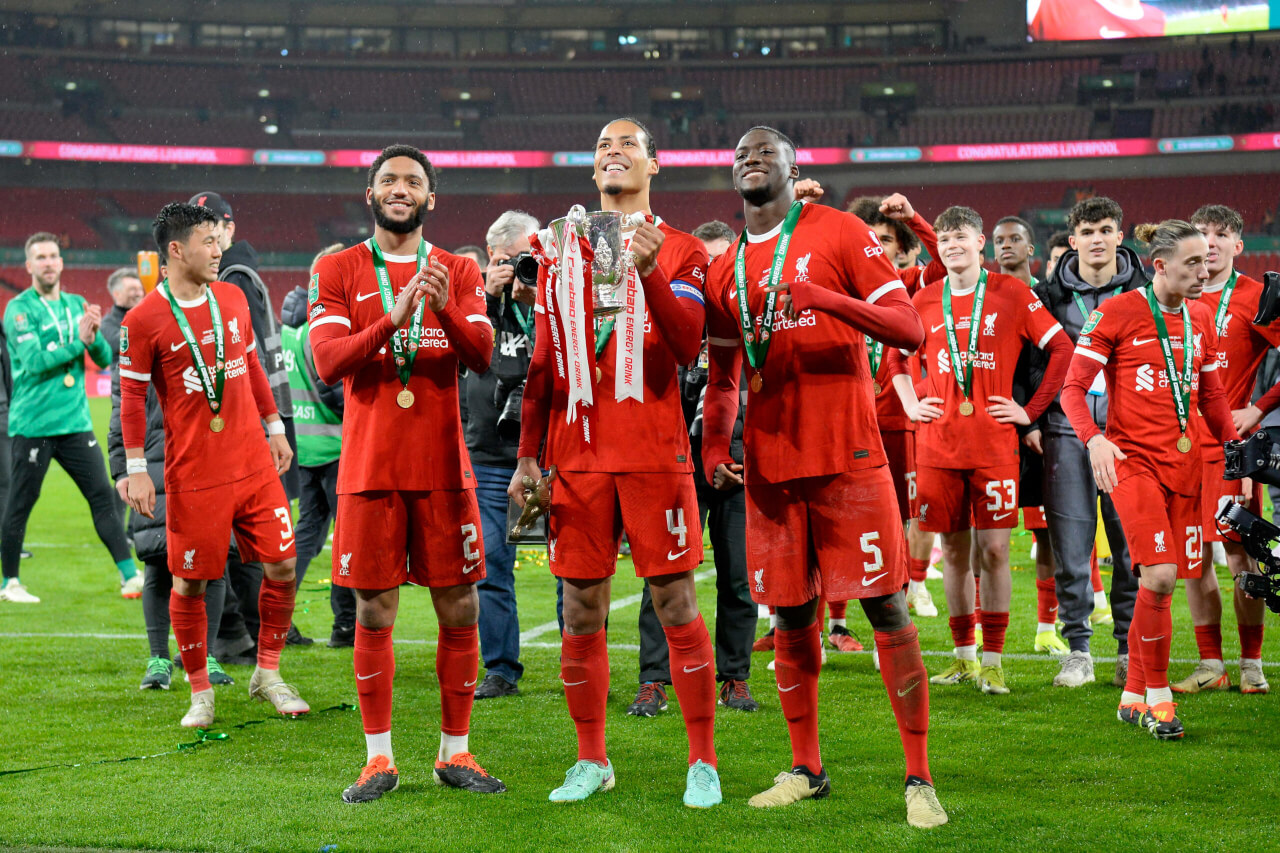Liverpool’s Set-Piece Success: Behind the Brain Waves
The recent Carabao Cup victory by Liverpool, crowned by a decisive header from Van Dijk off a Tsimikas corner, was more than just a display of physical prowess and tactical acumen. As reported by James Pearce for The Athletic, this success has deeper roots in the ground-breaking collaboration between Liverpool’s squad and the German neuroscience duo, Dr. Niklas Hausler and Patrick Hantschke. The co-founders of Neuro11 have been integral to enhancing player performance through neuroscientific techniques.
Technological Edge in Sports
It’s fascinating to note how the application of neuroscience in sports, particularly football, has evolved from a mere theoretical concept to a practical tool enhancing real-time performance. Hausler and Hantschke’s work involves the use of electrodes to monitor brain activity during training, helping players achieve their mental peak. This method helped the Liverpool team to get ‘in the zone’, optimizing their performance when it mattered the most.

James Pearce’s article highlights the tangible benefits of such neuroscientific approaches, stating, “Their methods include attaching electrodes to players’ heads in training to measure brain activity and help them get ‘in the zone’ by reaching their optimal mental state.” This innovative approach seems to have paid dividends during high-pressure situations, such as the cup final at Wembley.
Impact and Departure of Neuro11
The role of Neuro11 in Liverpool’s tactical setup, especially in set-pieces and penalty situations, has been significant. Jurgen Klopp, the former manager, had lauded the neuroscientists for their “incredible” contribution to the team’s domestic cup successes. Their involvement began in 2021 and was pivotal in clinching two domestic cup finals against Chelsea in 2022, both decided by penalties.
However, as Pearce points out, the consultancy arrangement with Hausler and Hantschke concluded in May with the departure of Klopp and the arrival of Arne Slot as the new manager. Slot has opted to discontinue the use of Neuro11’s services, a decision that could raise questions about the future of such technological integrations in Liverpool’s strategy.
Looking Ahead Without Neuro11
With Arne Slot at the helm and the absence of Neuro11’s services, it remains to be seen how Liverpool will navigate the complex landscape of Premier League and European football. Will the lack of this neuroscientific edge affect Liverpool’s performance in high-stakes games? Only time will tell.
Our View – Anfield Index Analysis
As a devoted Liverpool fan and follower of their scientific and tactical developments, the departure of Neuro11 brings mixed feelings. On one hand, the success brought under their consultancy cannot be overlooked. The psychological edge in tight games, especially in penalties—a scenario where mental strength is as crucial as physical skill—has seen Liverpool emerge victorious in crucial moments.
However, football is ever-evolving, and the arrival of Arne Slot marks a new chapter. Slot’s decision to steer the course away from Neuro11’s methods might be seen as a step back by some, but it could also be viewed as a desire to return to traditional coaching methods and perhaps innovate in new ways.
The legacy left by Klopp and Neuro11 will always be remembered for the unique blend of neuroscience and football. Yet, the future under Slot promises its own narrative, hopefully filled with triumphs that continue to bring joy and pride to fans around the world. As we watch this new era unfold, let’s remain optimistic about the innovative strategies that may yet define Liverpool’s journey forward.



